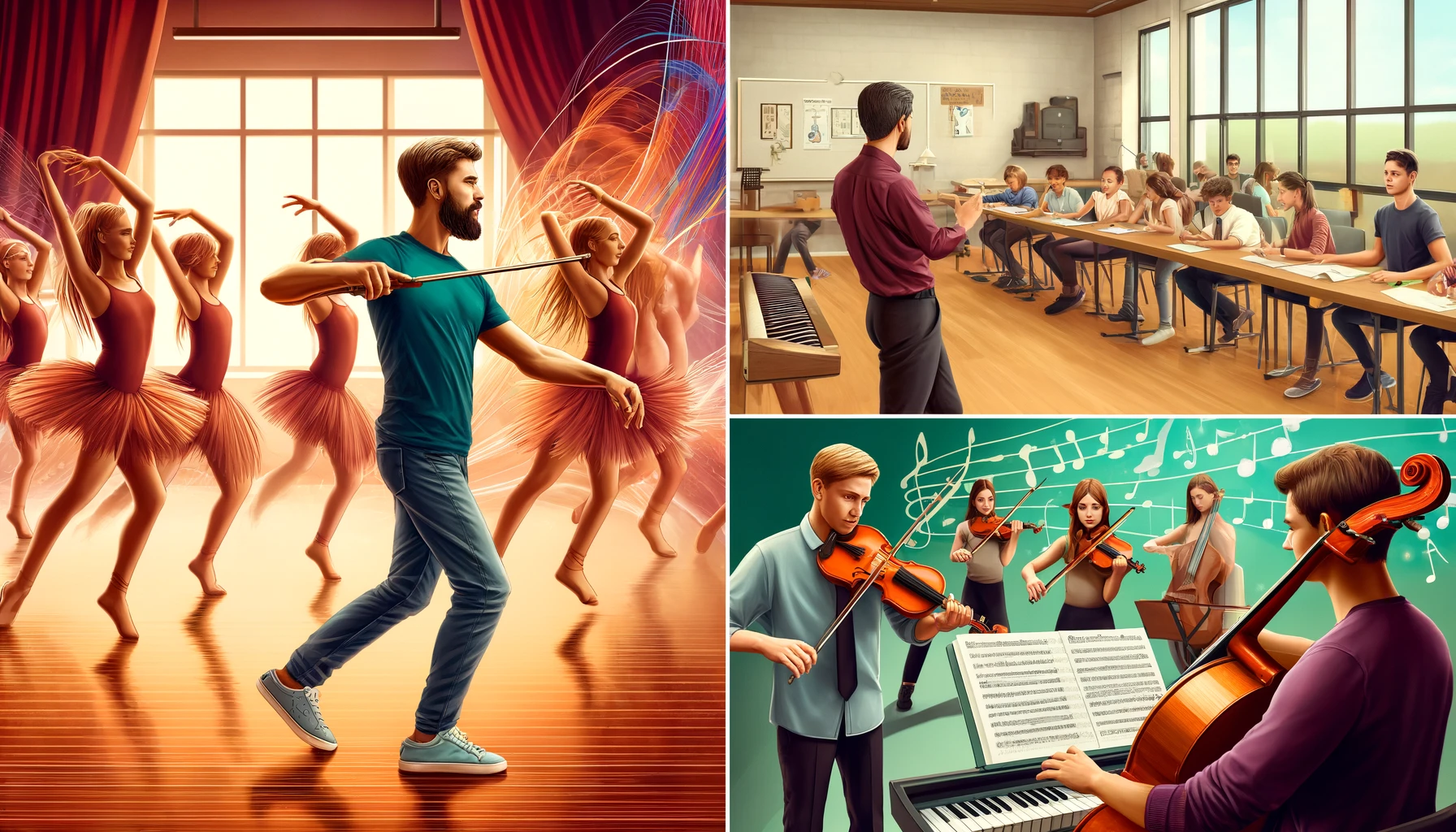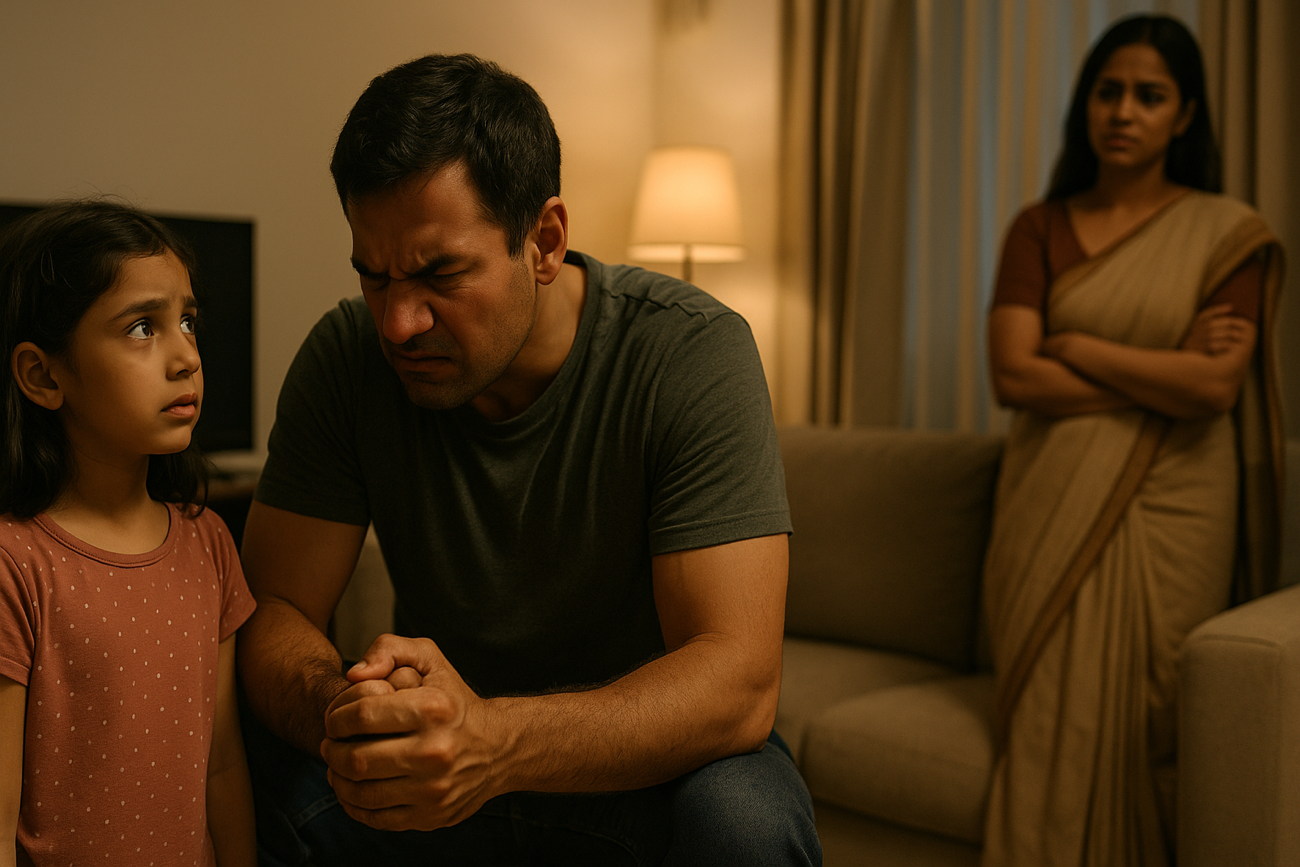The treatment of men who are dance or music teachers in society can vary widely based on cultural, regional, and societal norms. However, some common themes and perceptions can be observed:
Perception and Stereotypes
1. Challenging Gender Stereotypes: In many cultures, dance and music, especially certain forms like classical ballet or vocal performance, are often stereotypically seen as feminine pursuits. Men who enter these fields might face stereotypes that question their masculinity. This can lead to misunderstandings or social stigma, depending on the prevailing cultural attitudes towards gender roles.
2. Respect for Skill and Craft: On a more positive note, men who excel in dance or music and reach a level where they can teach often gain a significant amount of respect for their skills and dedication. Mastery in these arts requires years of rigorous training and discipline, attributes that are widely respected.
Professional Treatment
1. Opportunities and Limitations: Men in dance and music may find unique opportunities because they are less common in certain genres, such as classical ballet. This rarity can lead to more job opportunities in performance and teaching. However, it might also mean a limited peer network and fewer mentors who share similar experiences.
2. Impact on Career Trajectory: Men may find that their career paths differ from their female counterparts. In dance, for example, men may often be channeled into roles that emphasize lifting and support, which can affect the types of teaching positions they are offered or seek out.
Social Interaction and Acceptance
1. Community and Belonging: In supportive environments, male dance and music teachers can foster strong, close-knit communities bound by shared passions. They often play crucial roles in inspiring young men to pursue these fields, helping to break down barriers and change perceptions.
2. Varied Social Acceptance: The degree of acceptance men receive as dance or music teachers can vary. In more progressive or artistically inclined communities, they are likely to be more readily embraced compared to areas where traditional gender roles are strongly upheld.
Summary
Men who choose to teach dance or music navigate a complex landscape of societal perceptions and professional dynamics. While they may face stereotypes and societal challenges, they also have opportunities to excel, lead, and inspire. Their presence in these fields not only enriches the arts but also plays a crucial role in evolving societal norms around gender and artistic expression.
Read More: The Burden of Duty: Sacrificing Self for Family
Learn Music : https://amzn.to/3JWOQIJ
Discover more from MensAgony
Subscribe to get the latest posts to your email.









